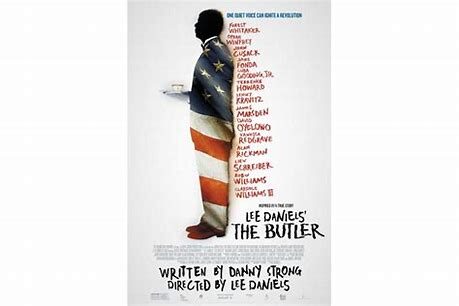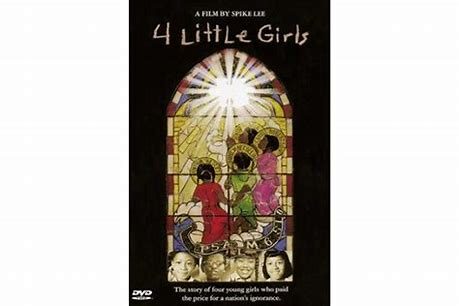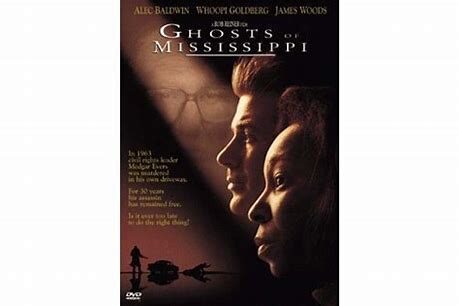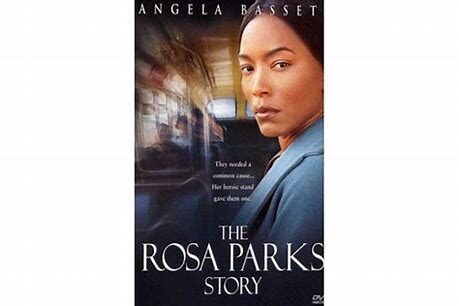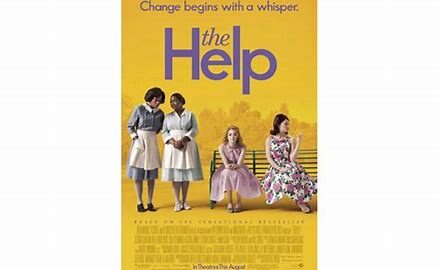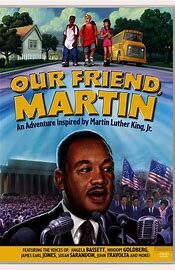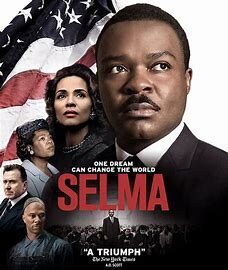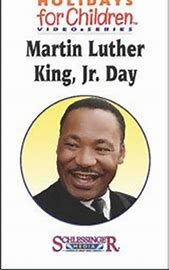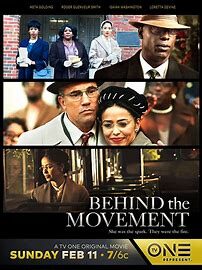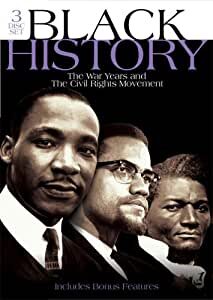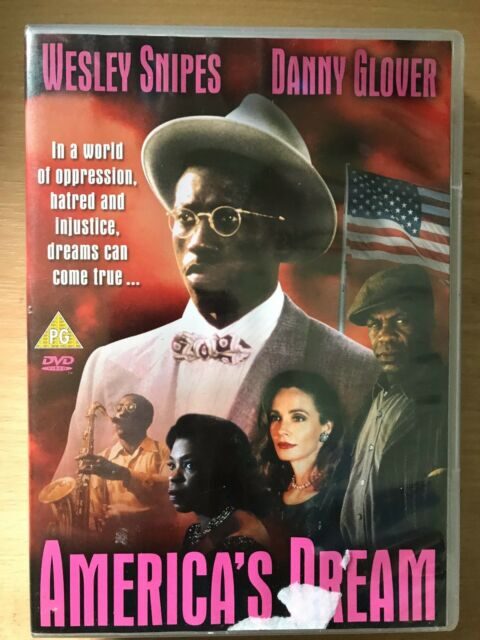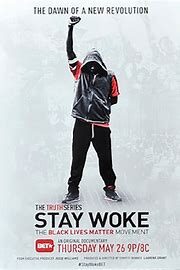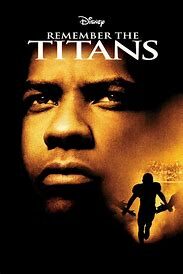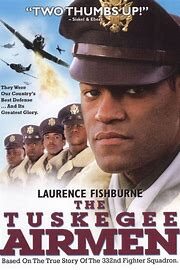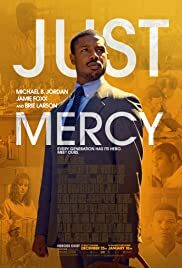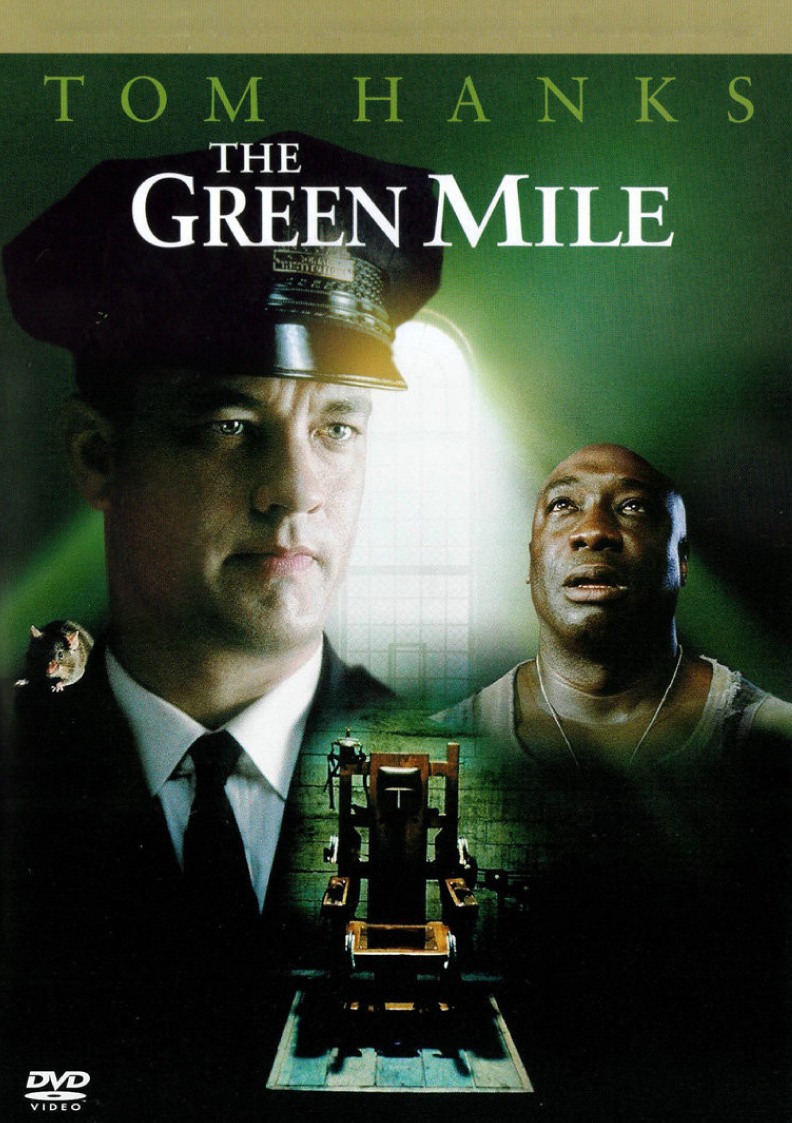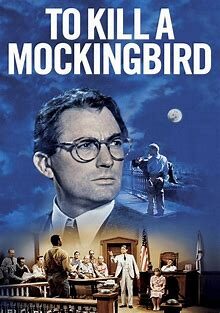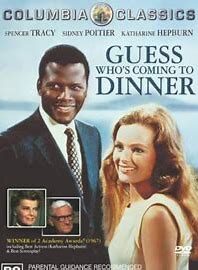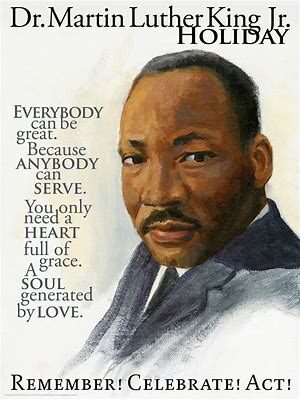
Martin Luther King Jr. Day (officially Birthday of Martin Luther King, Jr., and sometimes referred to as MLK Day) is an American federal holiday marking the birthday of Martin Luther King Jr. It is observed on the third Monday of January each year. King's birthday is January 15. The holiday is similar to holidays set under the Uniform Monday Holiday Act. The earliest Monday for this holiday is January 15 and the latest is January 21.
King was the chief spokesperson for nonviolent activism in the Civil Rights Movement, which successfully protested racial discrimination in federal and state law. The campaign for a federal holiday in King's honor began soon after his assassination in 1968. President Ronald Reagan signed the holiday into law in 1983, and it was first observed three years later. At first, some states resisted observing the holiday as such, giving it alternative names or combining it with other holidays. It was officially observed in all 50 states for the first time in 2000.
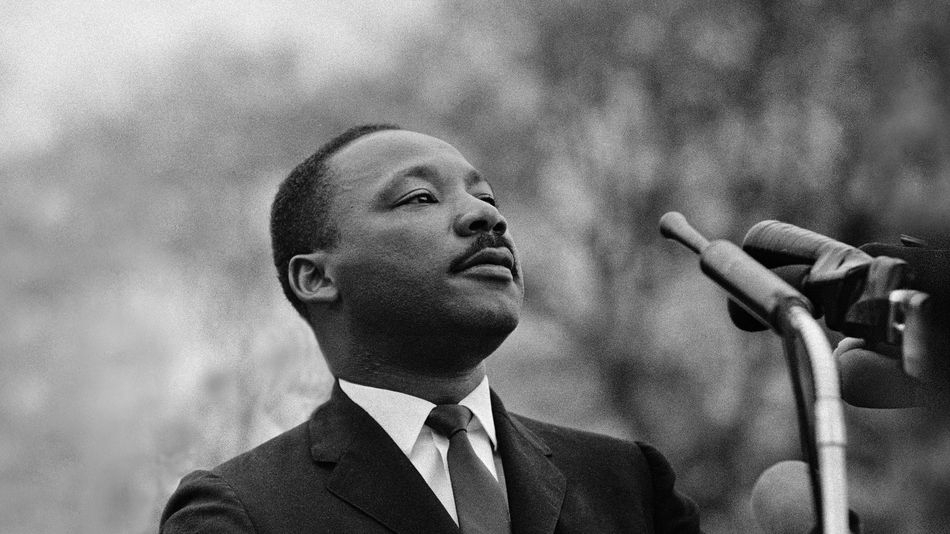
Too often, Martin Luther King Jr. Day is seen as a day off — and little else.
Aside from grade school lessons painting a vague picture of King's life and activism, the majority of us, especially white people, remain detached from his impact. King is a historical name we've learned to recognize, coupled with bits and pieces of facts from a whitewashed history. But truly appreciating his work is hardly on the radar — even on a day made to honor him.
It's an uncomfortable reality of how we've been taught to value (or, rather, not value) one of the most influential black leaders in history. It's all merely surface; a story we don't see as extending beyond the crisp pages of an elementary textbook.
But King was a racial justice leader and organizer whose influence is still felt today, which deserves to be meaningfully recognized on MLK Day and beyond. To help fully honor King and his legacy, here are six ways to celebrate a man and a movement that continue to challenge and break barriers.
1. Volunteer in a way that gives back to the black community directly.
King was a tireless activist who deeply valued the meaningful change that committed individuals can make when working toward good. The proof is in his fearless and responsible activism, a precedent still championed and felt today.
The King Center — a nonprofit dedicated to preserving King’s memory established by his late wife, Coretta Scott King — advocates for MLK Day to be “a day on, not a day off,” calling for those who have the day off work to honor King’s life through volunteerism.
While MLK Day is talked about as a national day of service, often it stops at just that — merely talk. Instead of using the day as an excuse to sleep in or binge-watch a new Netflix series, commit to taking steps to support your local community directly — especially local communities of color.
Visit here for a comprehensive database of all registered MLK Day volunteer opportunities in your area. But, beyond that, make it a goal to connect with your local community to find out what underserved populations in your area need from you. Let communities needing a hand define your role for you — then, get to work.
2. Recognize and value the full, comprehensive history of King — and of the racial justice movement.
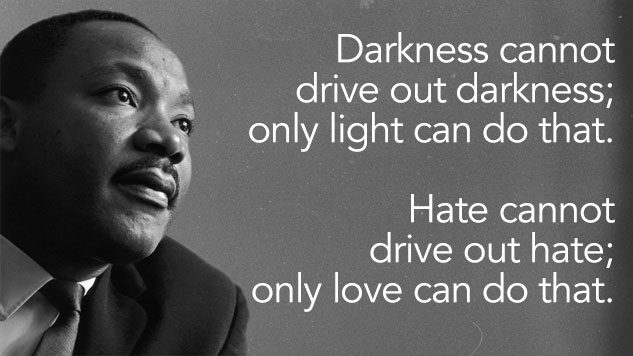
Take the time to learn the history of King, pushing beyond the whitewashed textbooks of public school classrooms. Read books by King, his family, and black authors and leaders to broaden your scope. Learn his views by reading his words.
Most important, be critical of the dominant narrative so you learn more about King’s life and legacy — and bring this critical eye with you as you look at the racial justice movements of today.
3. White folks: Use this as an opportunity to work on your allyship.
Allyship is a constant journey and constant work. When you lose sight of that, you stop being an ally in a way that is responsible, necessary and useful. Being a meaningful ally to any community means constantly critiquing your allyship, working to better yourself so you can be a more thoughtful and impactful advocate.
Martin Luther King Jr. Day should be a day when we look at the entire scope of the racial justice movement, past and present. With that, for white allies, comes the opportunity to evaluate and reframe the work they are doing to support the movement.
To critique yourself, it always helps to go back to the basics: Start with these initial tips on how to be a thoughtful ally, then build out. Notice where you could be doing more, and then do it. And always remember your job is to support, not overtake.
4. Recognize and appreciate the strides King made, while also recognizing the change still needed.
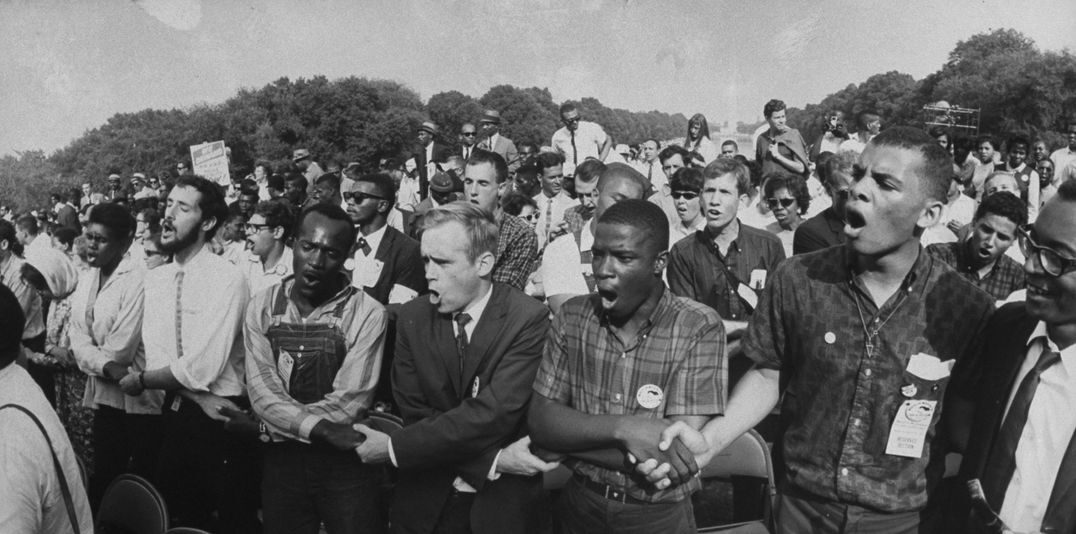
Martin Luther King Jr. Day is often seen as a time to reflect on the history of racial injustice in America. But racial injustice is definitely not something entirely in the past. The proof is in the necessity of movements like Black Lives Matter, working to challenge racism in all forms, from everyday microaggressions to deep structural violence that are embedded in our society.
Seeing the Civil Rights Movement of King’s era and the end of lawful racial segregation as the end of racism in the United States is a disservice to the black community now. Discrimination, bias and disadvantage still exist daily for people of color, which needs to be recognized before it can be challenged.
It's important to note, especially at a time like MLK Day, that recognizing racism still exists today is not devaluing racial justice movements of the past by saying they were unsuccessful. These movements, in fact, were highly successful, chipping away at a large issue that often feels overwhelming to tackle. Recognizing racism today, rather, is essential to expanding upon the movements of the past, creating the awareness needed to notice injustice more critically and comprehensively.
5. Commit to starting more meaningful conversations about racial justice.
Along with recognizing discrimination comes the obligation to talk about what you are noticing. Calling out racial injustice happening around you forces others to confront it as well, starting an important, informal critique of our society and ourselves.
If you are non-black, the obligation to start a conversation doesn't mean you should only be talking with the black community about the racism you are noticing. They definitely know it exists — after all, they live it. Arguably more important is the chance to talk to other non-black people about racism and anti-black attitudes — an often uncomfortable conversation, as it should be.
In these conversations about current racial climates, it’s important to contextualize. These biases and boundaries have a history, one that stems back long before a sole leader like King. It’s easy to notice history on a day like Martin Luther King Jr. Day, which encourages it. But use the past beyond this single day to inform how you take about the present — and the future.
6. Take action against racial injustice.
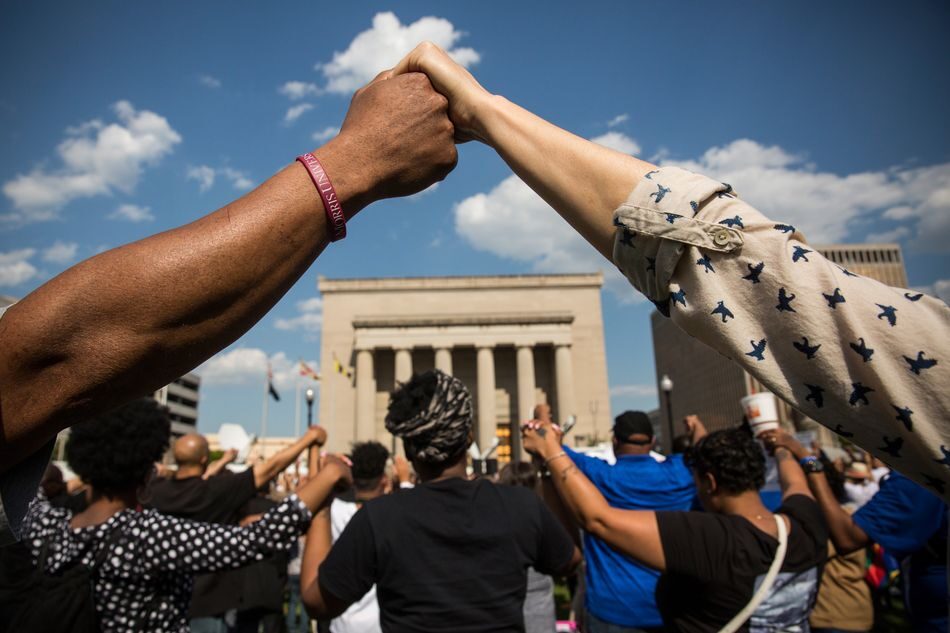
Martin Luther King Jr. is celebrated, noted and idolized for his unwavering stance against racial injustice. Though he consistently spoke passionately about the unjust social climate facing people of color across the country during the Civil Rights Movement, he also took tangible activist action to encourage change.
Action is always a risk, especially when you are an activist of color pushing against a society deeply privileging whiteness. But action is an important agent of change for those who feel empowered to challenge an unjust system and society.
Black Lives Matter events are some of the most well-known throughout the country. But plug into your own community to find out what community activists of color are organizing in your local area. Even if you aren’t the type to be on the frontlines of a mass protest, supporting those who are by helping to organize and execute advocacy-related events and initiatives is one way to move beyond just talk.
7. Donate to organizations working for racial justice
If you aren't able to donate your time, donating your money can also make a big impact by tangibly helping organizations who fight for racial justice. You can even take this day to commit to donating on a weekly or monthly basis.
If you really want to see your dollars at work, donate your money to a local organization based in your own community. You'll feel personally connected to their mission, which might motivate you to raise more money on their behalf.
Movie Recommendations
